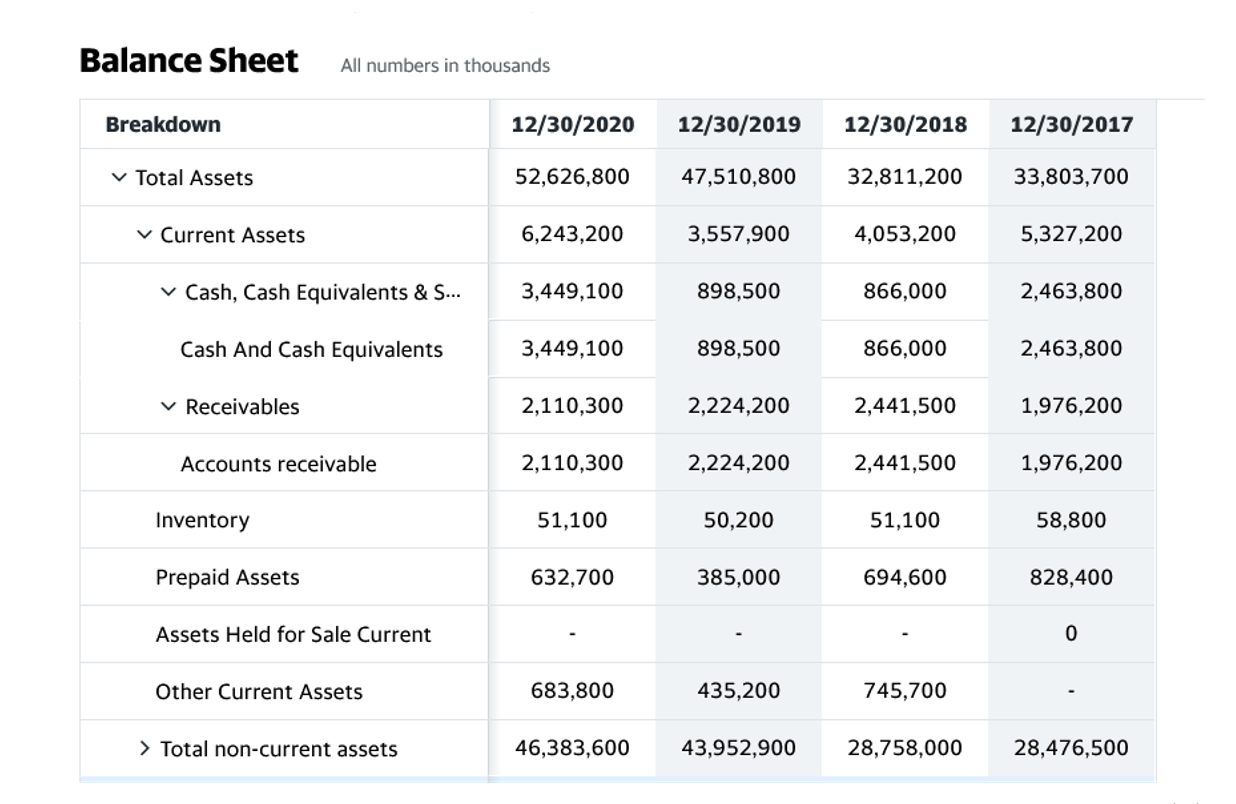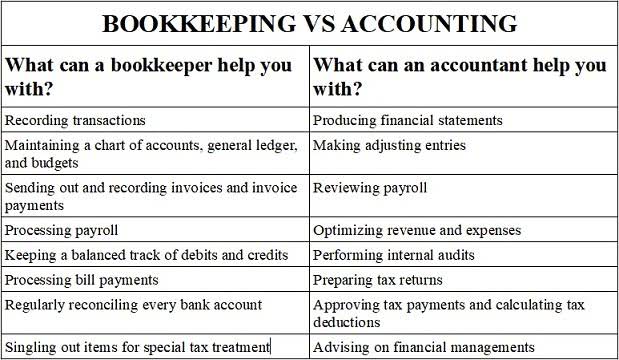
The firm could face compliance issues, and their books may become inaccurate, skewing the value of any accounting data derived from them. For example, IOLTA accounts are specifically designed to separate client funds from standard business or operating accounts, which can accrue interest. Just as legal bookkeepers and accountants ensure proper financial management for law firms, regulatory frameworks ensure proper oversight in the online casino industry. In España vs. Argentina: Cómo se Regulan los Casinos Online, the contrast between Spain’s centralized, stringent regulations and Argentina’s fragmented, province-specific approach highlights how different systems manage compliance and transparency. Both models aim to ensure fairness and player protection while fostering growth in the gaming sector.
Accounting terms you need to know

Maintaining complete revenue documentation through a centralized general ledger allows your practice to demonstrate the accuracy and reliability of your finances, which is essential for external reporting. A general ledger system also positively impacts client relationships, providing transparency and building trust through clear documentation of billable hours, fees, and expenses. Accounting for law firms may be new or challenging to you, but it doesn’t have to be scary. What’s most important is that you get the details right so that you can stay compliant with ethics rules and help your firm grow to its full potential. Conversely, cash basis accounting recognizes Law Firm Accounts Receivable Management revenue when you’re paid (i.e., when the cash is received) and expenses when they’re paid. The tax implications of this method also allow your firm to pay tax on income once it’s received and in the bank.
The Role of General Ledger in Law Firm Financial Reporting

Look for these six features when choosing a legal CRM—and put them to work for your law firm. To effectively manage legal accounting for law firms, it’s wise to start with a foundation that works for all aspects of running your firm. Every law firm has a responsibility to stay compliant with ethics regulations, and your firm is no exception. Ethics rules vary in each jurisdiction, but there are definitely some basics when it comes to accounting for law firms. When it comes to financial recordkeeping and legal accounting, it’s your firm’s responsibility to stay compliant with all ethics regulations and rules that apply to your practice. For lawyers and law firms, it’s a good idea to keep meticulous records and work with tax accountants to ensure that they meet all tax regulations (as well as that they make any allowed tax deductions).
- Another common mistake in general ledger accounting is misclassifying transactions.
- Look for these six features when choosing a legal CRM—and put them to work for your law firm.
- Not only does general ledger accounting help ensure accurate financial reporting- it also offers several other benefits that can help a business thrive.
- What this means is that 19% of billable hours were not invoiced or collected on.
- If you’re not sure what tax deductions you should be watching for, our post covering the top tax deductions for lawyers and law firms is a good place to start.
- This ensures that any changes made in one part of the system are automatically reflected throughout.
Essential Accounts for Legal Practice
Law firms have many accounting details that must be addressed, and accountants must make sure everything they are processing and providing to your firm, the IRS, and other required entities is following GAAP correctly. While it is the accountant’s job to handle this the right way regardless of anything else, working with the accountant to make things easier can be very valuable for your business relationship. Accounting ledgers, on the other hand, are used to organize and summarize transactions by account. Each account is laid out in a T-shaped table, with debits on the left, credits on the right, and sometimes additional columns for transaction descriptions and dates. And a lack of professionalism can lead to losing your clients, referrals, and growth opportunities. Firms should focus on a forward-thinking mindset, and knowing the components of financial reports can help.

- This involves identifying and categorizing all the financial transactions that a law firm expects to handle.
- A well-designed law firm chart of accounts is the backbone of an effective general ledger system for law firms.
- It gives a detailed audit trail of every transaction, it helps you identify and correct errors, ultimately leading to more accurate and reliable financial reporting.
- While there are a lot of factors to balance, here are the essentials for law firm accounting and bookkeeping success that you should get a handle on ASAP.
- Your law firm chart of accounts should also track amounts that your firm uses for client expenses, where you expect reimbursement at some point in the future.
- The general ledger integrates seamlessly with these systems, ensuring that all financial data is synchronized across platforms.
These points underscore why keeping an accurate and well-organized general ledger is crucial for the smooth operation and financial health of any law firm. Irvine Bookkeeping offers law firm chart of accounts a full range of Law firm bookkeeping services and promises that in 2-3 weeks, we clean up a whole book for you to prepare for tax season. We believe knowing your company’s financial health is the key to maintaining control of your business. At times, banks deposit the interest in one month but withdraw the money in the next month. If you run the balance sheet for the first month, it should show your client owes the interest to the state. When the money is paid to the state, the interest payable account should be zero.
How To Set Up The Chart Of Accounts For Law Firm Clients
Understanding the intricacies of the general ledger system is crucial for law firms to maintain compliance, uphold trust accounting standards, and extract valuable insights into their financial performance. Modern legal accounting software can automate many aspects of law firm accounting, reducing manual errors and saving time. Leveraging technology provides real-time updates on financial transactions, crucial for maintaining an efficient and accurate accounting system. Aside from revenue and income, tracking billable hours can also be challenging for busy lawyers and law firms. Tracking billable time is a time-consuming and error-prone task that can significantly disrupt workflow without good record-checking practices.

In the next chapter of PracticePanther’s Law Finance guide, we’ll look at best practices for billing for lawyers and law firms. General ledger accounting is a fundamental pillar for the financial success of any law firm. Proper general ledger accounting safeguards the firm’s financial health and builds trust with clients and regulators. Avoiding common mistakes, such as misclassifying transactions or failing to maintain separate trust accounts, can prevent costly errors and ensure the smooth operation of the firm. how is sales tax calculated Implementing robust internal controls, automation tools, and regular training further enhances the accuracy and reliability of financial management.
- Otherwise, you risk real financial complications that will set your company up for failure.
- Accounting for law firms becomes so much easier when you work with an accounting professional from the beginning.
- While we always advise referring to your specific state’s rules, the ABA’s Model Rules of Professional Conduct can offer direction for law firm accounting.
- Balance Sheet and Income StatementThe transaction records roll up to create your firm’s financial statements.
- Two entries are made for each financial transaction — a “debit” and a “credit.” These entries are recorded in the general ledger to demonstrate whether the funds are being transferred to or from an account.
- One of the significant benefits of maintaining a well-organized general ledger for law firms is its role in fraud prevention.
In addition to the above accounting principles, it’s also important for lawyers to familiarize themselves with key financial statements (i.e., reports summarizing detailed financial accounting information about your firm). Aside from accounting lawyers, most legal professionals are more focused on the practice of law than they are on law firm accounting. Each transaction must be recorded accurately in two accounts and the total debits and credits must balance. For example, an error in inputting a single transaction can throw off the entire balance of the ledger, making it difficult to reconcile accounts.
This data provides a comprehensive view of assets and liabilities and shows how efficiently your firm manages cash flow. With the accrual method, you record revenue when it’s earned and expenses when they’re incurred—whether they’re paid right away or not. This creates a better matching of costs to the revenues earned in a given month or year. It allows for more meaningful financial management that isn’t influenced by the ups and downs of cash flow. So, with double-entry accounting, every financial transaction gets sorted into a specific category (assets, liabilities, or equity). Double entry accounting is a helpful practice for lawyers to know about, as it provides an extra guard against errors.
